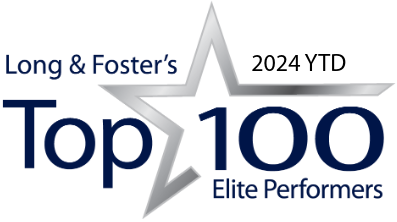.jpg?ts=)
Tips for Comparing Homeowners Insurance Costs
When you purchase a home, one of the first tasks you need to take on is finding the right homeowner’s insurance. Though this can be an overwhelming and time consuming experience, it is important that you are getting the best coverage that fits your budget. Shopping around is imperative, and this is something you should never stop doing, whether you just bought your first home or have been paying your mortgage for over 30 years. Here are some tips that you should keep in mind when comparing home insurance prices.
Read Your Existing Policy
If you already have a home insurance policy, it is critical that you know what your current terms are, as your needs may have changed over the years. Also, each year, your renewal terms can change, premiums can go up and limits may have adjusted. Pull out the most up-to-date version of your policy and figure out what you are currently paying and the coverage you are limited to. Be sure to note your premium, deductibles, personal property coverage, riders (or extra policies that were not initially included in your coverage) and your sub-limits.
If you live in an area where you need additional coverage, such as flood, tornado or hurricane coverage, be sure to review these policies and their associated costs. It is important to factor in all add-ons, including coverage for fine art and other unique personal property, before you start comparing costs from other companies.
Shop Your Options
You may go into this shopping excursion simply looking for the best price, however, that should not be your only limit. For example, if you find a policy that is offering costs half the price of a competitor, it is important to read exactly why that is. Some insurance companies offer options such as managed repair programs, which offer major discounts on your coverage to allow the insurance company to send out their own contractors to do repairs. Though this may sound enticing, the discount you receive from the jump may not be as enticing when they hold control of the claim and decide how certain damage can be defined. At the end of the day, their only goal is to pay out as little as possible, and removing your leverage helps them, and costs you more in the long run.
A specifically important limitation to be aware of is water damage. A large majority of claims on homeowner’s insurance policies have something to do with a water leak or burst pipe. Many policies that offer big discounts often limit water damage coverage, which can become financially devastating very quickly for a homeowner. Even if you have to pay a little more than you would for a policy with these restrictions, it will save you big down the road if you need to make a serious claim.
What Does Enough Coverage Mean to You?
The key to finding the right coverage at a low price is to pay close attention to the benefits of your policy. Details, such as home features and personal property valuation, are varied and weighed differently across the board. Be sure you know the replacement value of your items through appraisals and receipts.
If you have made or plan to make a major upgrade to your home, such as adding a pool to your property, you have to understand what coverage is right for you and your family.
Your credit score will also play a huge part in determining your insurance costs, so before you sign and commit to a price you were quoted, make sure you understand what you need to do, such as improving these numbers, to get a better quote. Consider bundling your home insurance policy with auto, life or umbrella insurance for even bigger savings.
For more information, and if you have any questions about home insurance policies and price comparisons, talk to your financial advisor or an insurance agent. And before you sign up for a cheaper policy just to save some extra bucks, be sure that the coverage offered will protect you, your home and your bank account down the road.



